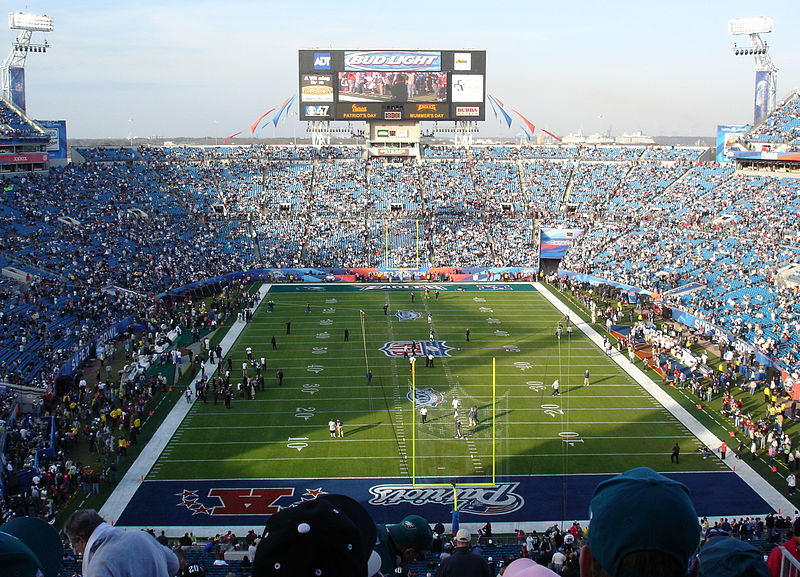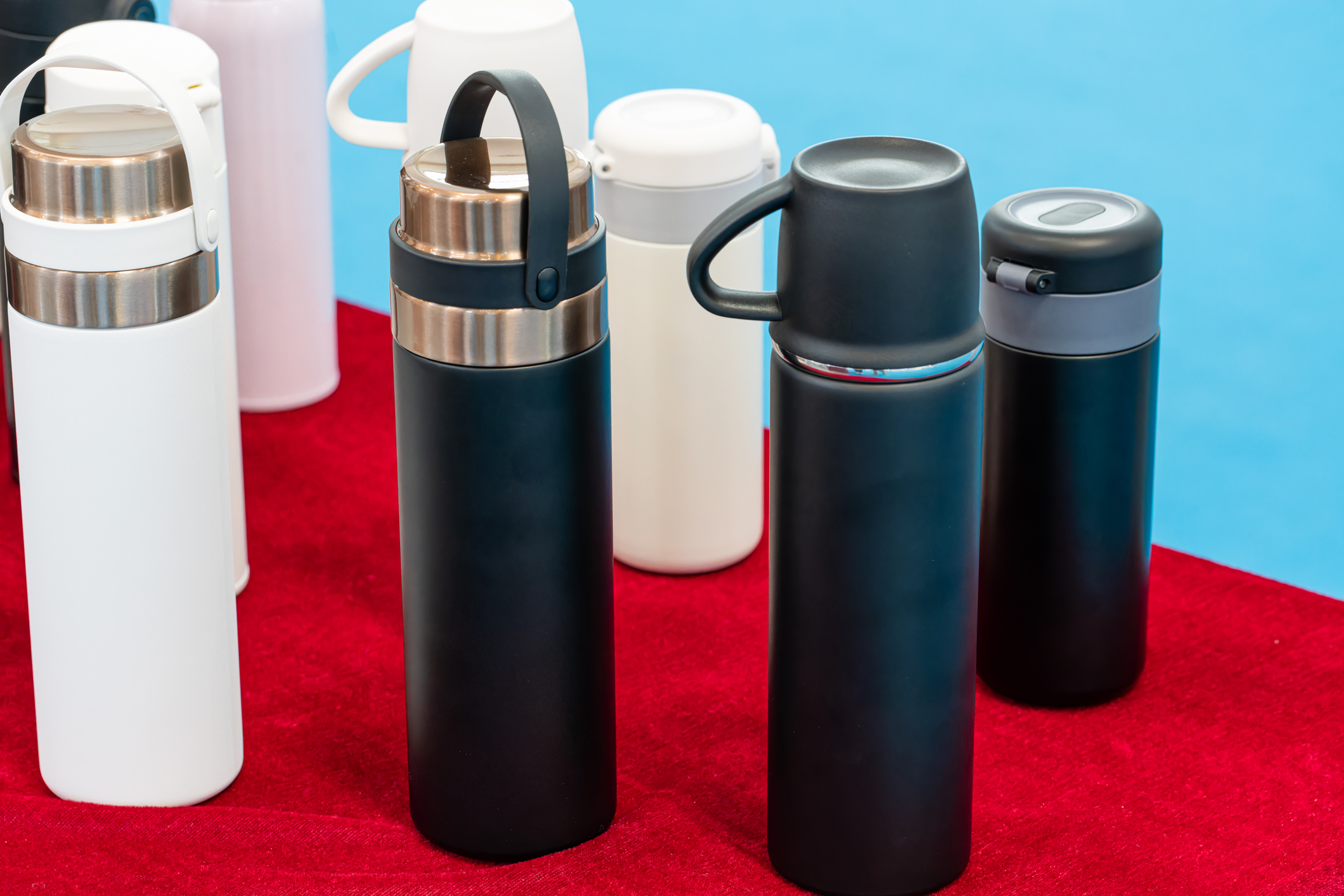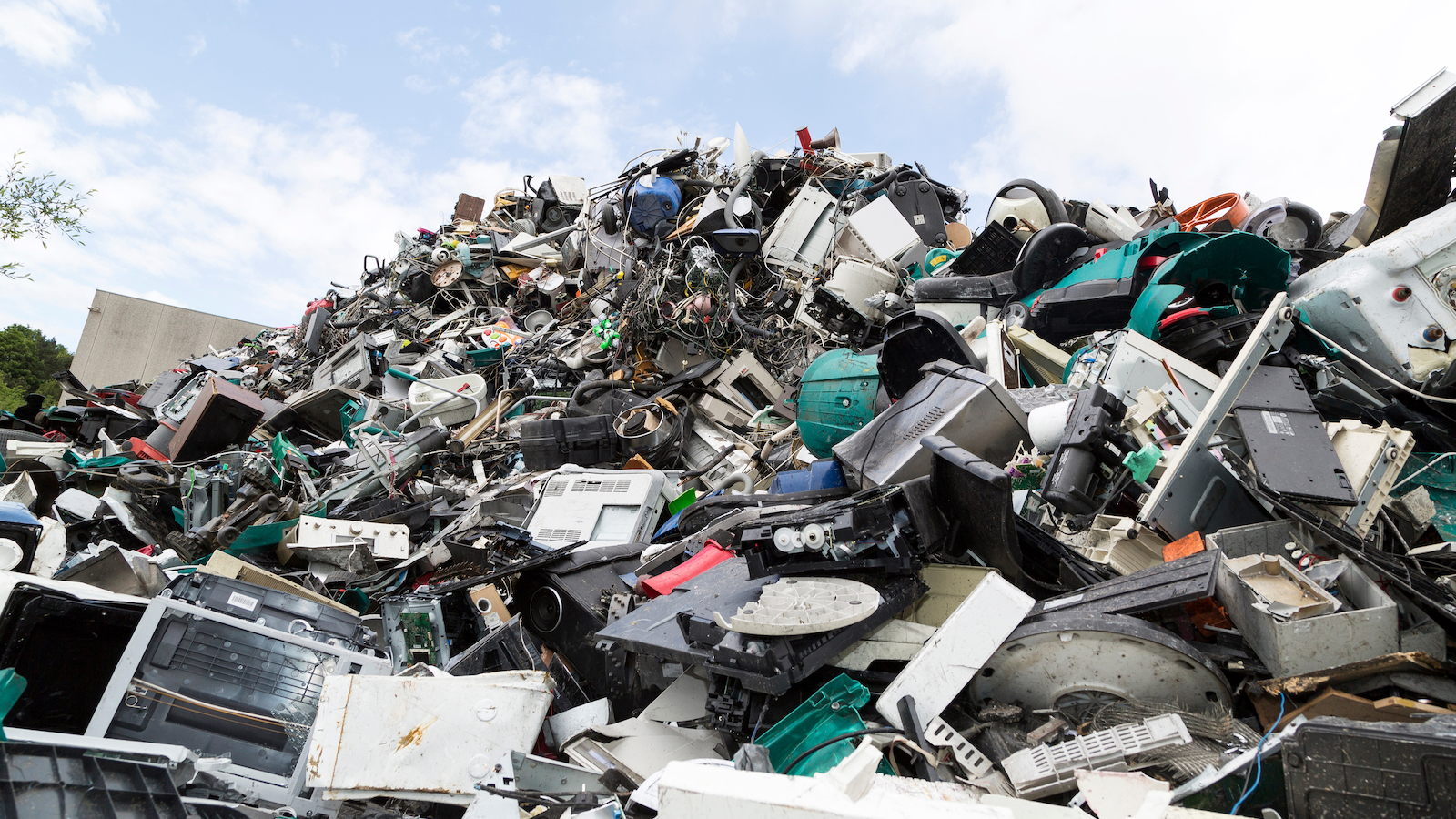
Tackle food waste this Super Bowl Sunday
Whether you’re a party host or guest, we have tips for how you can follow the Super Bowl’s lead in having a zero food waste Super Bowl Sunday

Whether your favorite team made it to Super Bowl LVIII or not, those of us watching from home can be supporters for the Super Bowl’s mission to end food waste. Super Bowl Sunday is the second-biggest food “holiday” in the United States after Thanksgiving. As a result, this weekend we can expect a spike in food waste.
Super Bowl organizers have taken major steps in recent years to reduce food waste directly associated with the Big Game. The first ever “zero waste” Super Bowl in 2018 prevented 91% of leftover food from the stadium, as well as all other affiliated events throughout the host city, from ending up in landfills.* In 2023, organizers went even further and beat their goal of keeping 92% of leftover food out of landfills, a feat largely achieved through successful food donation.
Condiment company Hellmann’s, one of this year’s Super Bowl advertisers, even designated the day after the Super Bowl as Sick of Food Waste Day – a nod to the thousands (if not millions) of Americans who will take Monday off from work to recover (and hopefully use up their leftovers). Here’s how you can join the team effort to tackle food waste.
Have a game plan.
Plan the dishes you want to serve beforehand. Only buy the necessary quantity of food for the number of people you are hosting. While estimating food quantities can be tricky, the easiest way to avoid waste is to not buy extra. Asking for RSVPs to your gathering can make it easier to predict how much you will need. If you’re hosting a potluck, try one of these sign-up templates or an online group organization tool like SignUpGenius to coordinate.
Go for the trick play.
You could follow recipes exactly, or you could get creative with whatever you have in your fridge or pantry. Nachos and frozen pizzas are both perfect canvasses for using up any extra cheese, meat, veggies, or condiments you have on hand. Before heading to the store, challenge yourself to think creatively about how you can use what you already have on hand.
Keep your reserves on the bench.
Putting out all the food at once can result in spoilage if perishable items sit out for too long. Bring out a few dishes at a time, and only replace them when your guests have finished. You may find that some dishes never make it out of the fridge, and that’s okay. You’ll be able to snack on the food you prepared all week long, and it can help you rethink how much you need to make in the future.
Designate your guests as eligible receivers.
You most likely will have leftovers. The best way to make sure they don’t go to waste is to spread the wealth and send your guests home with some. As the host, you can encourage guests to bring their own containers for leftovers or put out containers you’re comfortable parting with or lending out.
Be prepared to audible.
Your Game Day leftovers could get boring if you’re eating them for a few days in a row. To keep your taste buds on their toes, try these clever swaps:
- Turn leftover chicken wings into just about anything, from quesadillas to soup (just make sure to remove any bones!)
- Turn leftover burgers and guacamole into tacos
- Chop up leftover hot dogs and bratwursts for your morning omelet
- Transform extra veggies, buns and mustard into panzanella
- Make a cobbler or smoothie from leftover fruit salad
- Try this recipe generator to find ideas for using up all of your assorted leftovers
Whether you try all of these tips or just one, you’re helping save yourself money and making sure that all the resources farmers, truck drivers, and food service workers put into getting the food to your table didn’t go to waste. Just make sure to review the tape after the Big Game so you’re ready to hit food waste even harder next season.
*According to the Environmental Protection Agency, for an event to qualify as zero-waste at least 90% of all waste must be diverted away from landfills.
Topics
Authors
Danielle Melgar
Food & Agriculture, Advocate, U.S. PIRG Education Fund
Danielle works to ensure our food system produces enough nutritious food to feed everyone, without threatening our health, the planet, or the ability of future generations to grow food. Danielle lives in Chicago, where she enjoys staying active in the outdoors, trying out new recipes, and writing short stories.
Find Out More

Too much of a good thing? The environmental downside of the “Stanley cup” craze.

Do I really need to mow my lawn?

What is e-waste?
